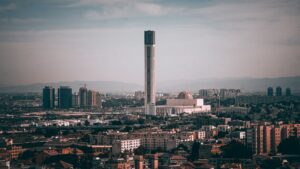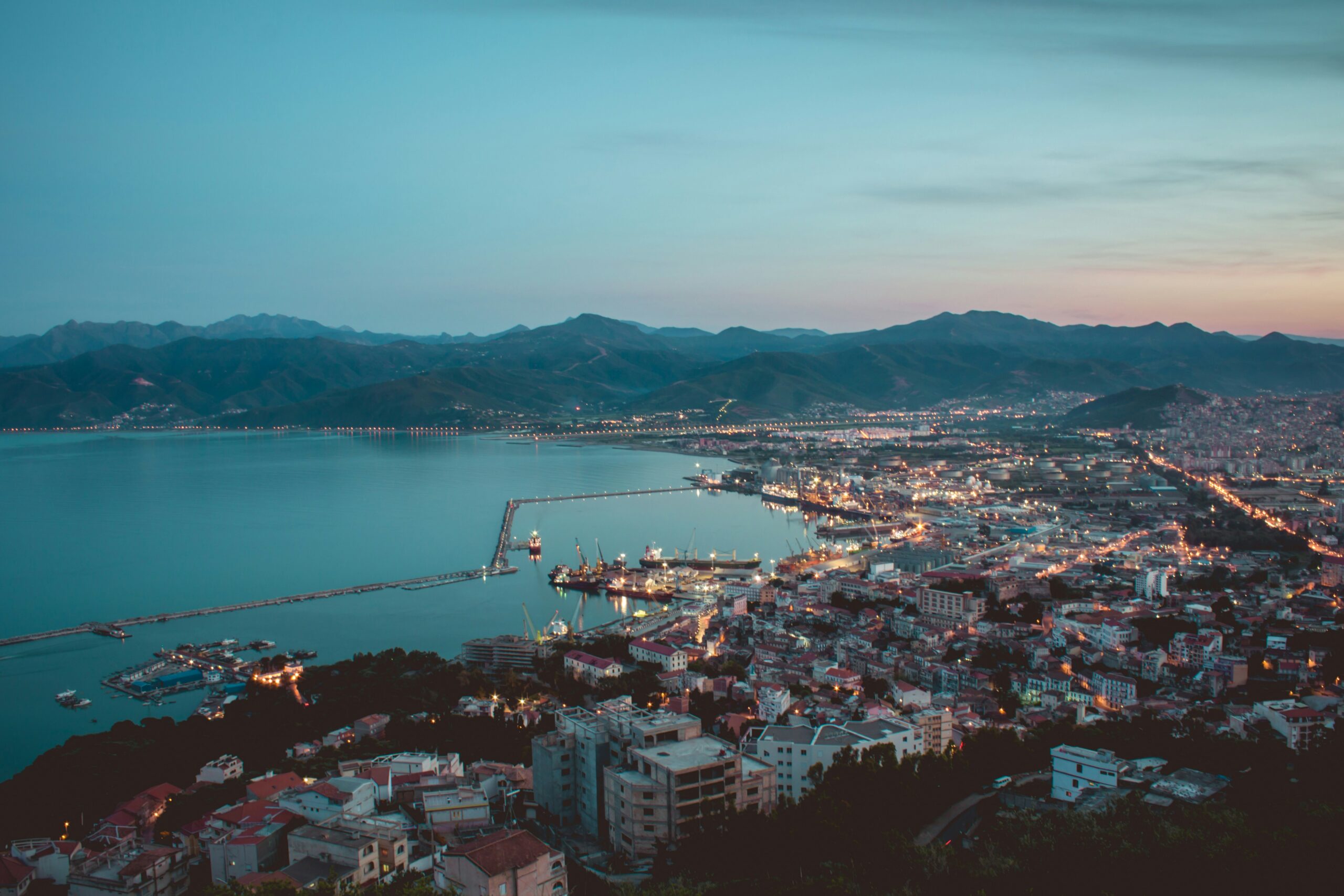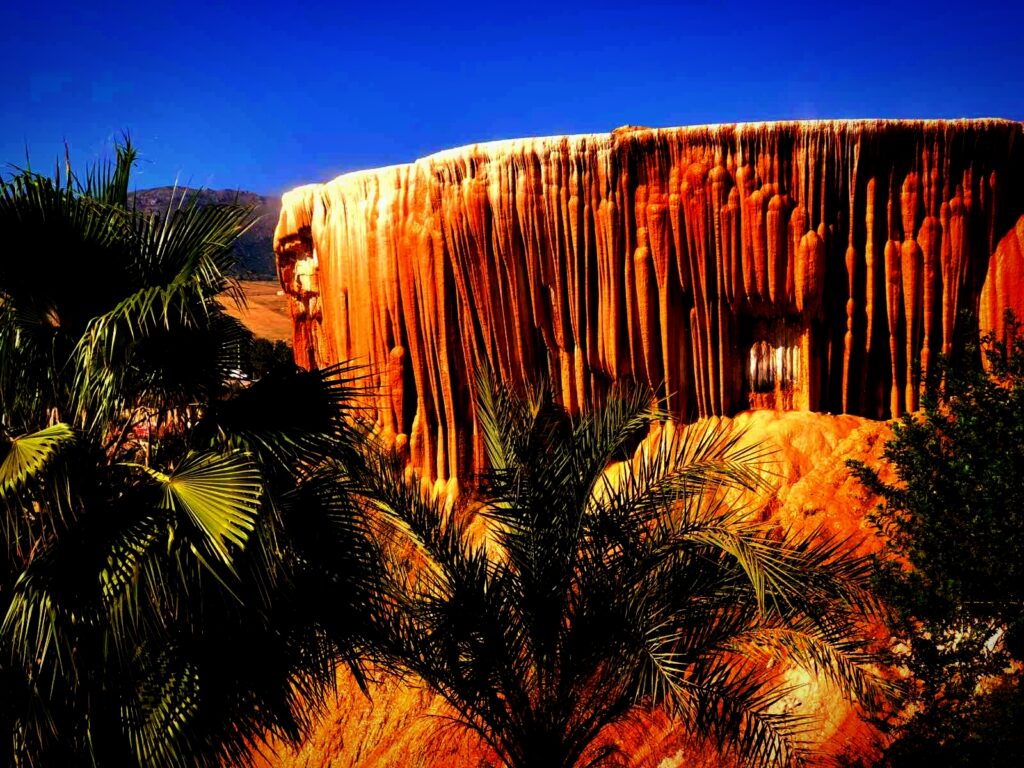Algeria
Algeria, the largest country in Africa, is located in North Africa, bordered by the Mediterranean Sea to the north, Tunisia and Libya to the northeast, Niger to the southeast, Mali and Mauritania to the southwest, Western Sahara to the west, and Morocco to the northwest. With a population of over 43 million people, Algeria is a nation rich in history, culture, and natural beauty.
Historical Background
Algeria’s history is a tapestry woven from the threads of various civilizations and empires. The region has been inhabited since prehistoric times, with early human activity evidenced by the Tassili n’Ajjer cave paintings, which date back thousands of years. The Berbers, indigenous people of North Africa, were the first inhabitants of the region.
During antiquity, Algeria was part of the Carthaginian Empire and later became a province of the Roman Empire. The Romans established cities such as Timgad and Djemila, which are now UNESCO World Heritage sites known for their well-preserved ruins. After the decline of the Roman Empire, the region was influenced by various powers, including the Vandals, Byzantines, and Arabs.
The Arab conquest in the 7th century introduced Islam to Algeria, leading to the Arabization and Islamization of the region. In the 16th century, Algeria became part of the Ottoman Empire, serving as an important base for the empire’s control of the western Mediterranean. The Ottoman period was marked by the rise of powerful local rulers known as Beys, who governed various regions.
In 1830, Algeria was colonized by France, beginning a period of intense struggle and resistance. The fight for independence culminated in the Algerian War of Independence (1954-1962), a brutal conflict that ultimately led to Algeria gaining independence on July 5, 1962. The war left a lasting impact on Algerian society and shaped its modern identity.
Cultural Heritage and Arts
Algeria’s culture is a unique blend of Arab, Berber, Ottoman, and French influences. The Berber heritage is particularly strong in regions such as Kabylia, where traditional Berber languages and customs are still practiced. Algerian music, particularly Rai, a genre that originated in Oran, is known for its blend of traditional and modern elements.
The country’s architectural heritage includes a mix of Islamic, Ottoman, and colonial French styles. The Casbah of Algiers, a UNESCO World Heritage site, is a prime example of a traditional Islamic city, with its narrow streets, historic mosques, and traditional houses. Other significant sites include the Roman ruins of Tipasa and the desert city of Ghardaia in the M’zab Valley.
Algerian literature has also made significant contributions to the Arab and Francophone literary worlds, with writers such as Kateb Yacine and Assia Djebar gaining international acclaim.
Geography and Landscapes
Algeria’s geography is diverse, ranging from the fertile coastal plains along the Mediterranean to the vast Sahara Desert in the south, which covers more than 80% of the country. The Tell Atlas mountain range runs parallel to the coast, creating a region of forests, valleys, and fertile lands. The Sahara Atlas range lies further inland, giving way to the arid expanses of the Sahara.
The Sahara Desert is home to stunning natural landscapes, including the Ahaggar Mountains and the Tassili n’Ajjer plateau, known for its dramatic rock formations and prehistoric rock art. The desert also harbors unique oases such as Tamanrasset and Djanet, which provide a glimpse into the traditional nomadic way of life.
Algeria’s coastline stretches for over 1,000 kilometers, offering picturesque beaches and historic port cities such as Oran and Annaba. The coastal region is known for its mild Mediterranean climate, making it a popular destination for both locals and tourists.
Economy and Modern Influence
Algeria has a mixed economy, heavily reliant on its hydrocarbon sector, particularly oil and natural gas, which accounts for a significant portion of its GDP and export earnings. The country is one of the world’s top exporters of natural gas and has substantial reserves of oil.
In recent years, Algeria has made efforts to diversify its economy, focusing on sectors such as agriculture, mining, and tourism. The government has also invested in infrastructure development, particularly in the transportation and housing sectors.
Algeria plays a crucial role in the region due to its size, natural resources, and strategic location. It is a member of the African Union, the Arab League, and OPEC, and has historically played a role in regional diplomacy and conflict resolution.
In summary, Algeria is a country of remarkable contrasts, from its rich historical heritage and diverse cultures to its expansive desert landscapes and bustling coastal cities. Its strategic importance, coupled with its natural and cultural wealth, makes Algeria a significant player on the African and global stage.
Posts
FAQ

Algeria experiences a diverse climate, ranging from Mediterranean along the coast to arid in the desert regions. Summers are typically hot and dry, while winters can be mild along the coast but colder in the interior and mountainous areas.
![]()

Algerian cuisine reflects its diverse cultural influences. Popular dishes include couscous, a semolina-based staple often served with meat and vegetables, and tajine, a slow-cooked stew with various ingredients like lamb, chicken, or fish.
Algeria has a developing transportation infrastructure. Major cities are connected by roads and highways, with buses and taxis serving urban areas. The country also has a railway network that connects several cities, facilitating domestic travel.
Algerians celebrate various cultural and religious festivals throughout the year. Eid al-Fitr and Eid al-Adha are significant Islamic festivals, while Yennayer marks the Amazigh (Berber) New Year. The Timgad International Festival of Music and the Ghardaia Moussem attract visitors with their cultural performances.

While Algeria has made efforts to improve security and attract tourism, travelers are advised to stay informed about current events and local conditions. It’s recommended to travel with caution and follow safety guidelines provided by local authorities and embassies.



